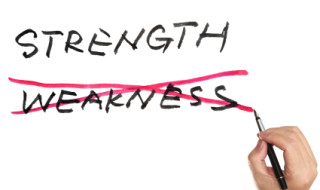Some people we know adopt generally negative and cynical attitudes towards others, but in doing so, they fail to realize that they have missed out on the joys of life. These people sometimes impose self-righteous beliefs on to others and form judgments of how others should behave. They keep close tabs on people’s mistakes rather than focusing on the positive experiences all of you can create and share. And such behaviours potentially strain friendships and social ties.
On the other hand, if everyone recognizes the fact that life has its own struggles, we could be more forgiving and compassionate. We can alleviate our own suffering while not adding to others’ emotional burden by being positive and looking for the best in people in 3 ways.
- Cultivate a compassionate attitude in which we are empathetic, receptive, understanding, and loving towards others. We all have independent minds that think differently due to disparate cultural and social influences. Most of the time, there isn’t a clearly superior or inferior viewpoint. It is thus often in our best interest to expose ourselves to the universe of diverse ideas and beliefs and learn the beneficial ones through methodical comparison and evaluation. At the same time, when we cultivate compassion instead of negativity, we become closer to the people we love and care about and experience a greater sense of moral fulfilment within ourselves.
- Understand everyone has their own strengths and weaknesses and seek to recognise and complement people’s strengths instead of being unduly obsessed with their weaknesses. More often than not, it reaps far more extraordinary results by spending one’s limited time and resources on building strengths than minimising weaknesses.
- Put yourself in other’s shoes and think from their angle. Always think of how you would want to be treated. Do you like somebody to nitpick your mistakes? If not, the best way to solve a problem is rarely blame shifting or lashing out on others. Instead, maintaining a cool-headed composure and providing constructive (rather than destructive) feedback would be a much more effective remedy. This speeds up learning, resolves the issue and gains other’s favour.
It is important to accept that we create and shape the world we want to live in. If we want others to be compassionate, considerate and understanding, we have to first be comfortable with exhibiting these traits. If we want others to discover and augment our strengths, we should first have a stake in developing others’ strengths and bringing them success. The old adage “don’t do unto others what you don’t want others to do unto you” still holds unwaveringly. Start appreciating what others have as opposed to getting sore at what they lack could be the first step. Every effort to make the world a more congenial place to live in counts.




